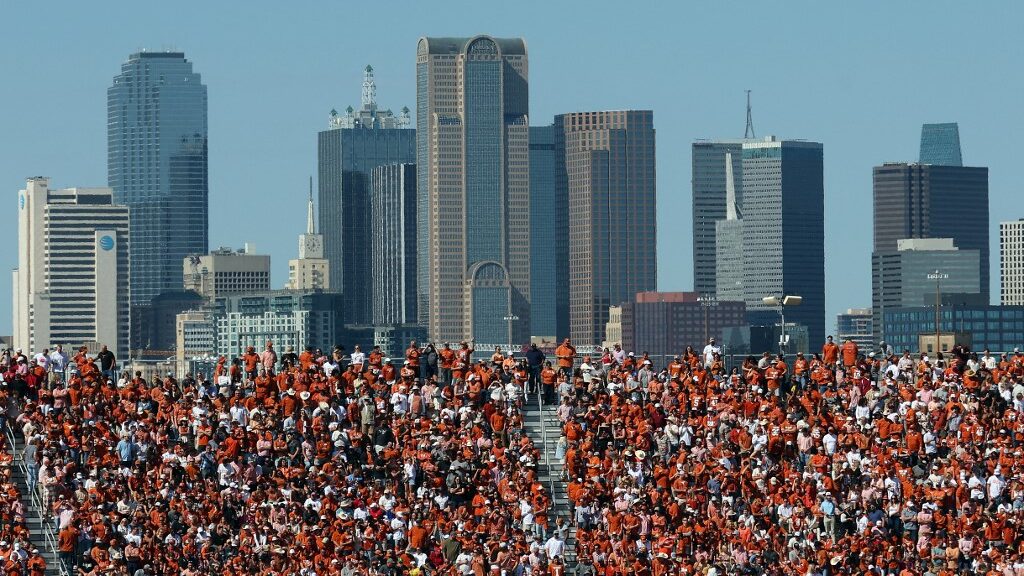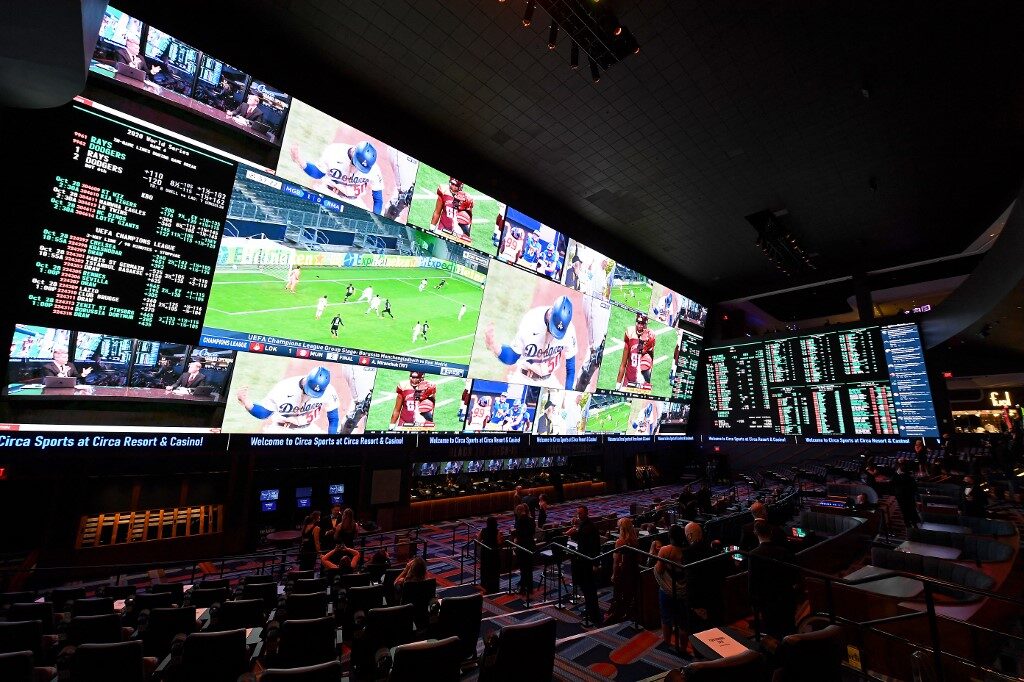After the German Constitutional Court conducted an oral hearing on November 8, a decision on the future of the sports betting market is expected for the beginning of 2006, but some lawyers believe that the court will not bring itself to make a final decision, rather it will refer the issue back to the legislature for examination.
As reported by the Stuttgarter, the sports betting market in Germany is complex. The business is regulated by the States, with state providers willing to prevent a liberalization of the market at any cost, while foreign providers, which do not see any argument against liberalization, are pushing into the market via the internet. Some German bookmakers even rely on old DDR-Licenses.
The DDR-Licenses were awarded for a fee of 20DM in the last days of the DDR, and while they are still disputed, they are legally valid (and now extremely valuable).
Further to that, the scandal of football matches being fixed by referees has had huge effects on the betting scene in Germany. Despite the image of German football suffered, the sports betting market has experienced a real boom since then.
Lawyers anticipate that even if the German Constitutional Court will decide for opening up the betting monopoly, it will be at least eight months before a new sports betting law can be written and implemented.
For optimistic sports betting operators who thought this will be over in time for the 2006 Soccer World Cup, this is bad news.
According to Dr Wulf Hambach, a German lawyer specialized in gambling law, the fact that the German Constitutional Court has decided for an oral hearing is evidence of an early opening-up of the sports betting market in Germany.
“This is a total exception to the numerous decisions which the court passes each year. As a general rule, an oral hearing only takes place when the court perceives it necessary to hear comments from experts in making its decision.”
Hambach, who represents numerous private betting operators, also said that as some courts and federal ministries have expressed a toleration of private betting activities, “hence that the toleration equals a license”.
“Should the court declare the gaming law to be incompatible with the constitution, then the gambling monopoly in Germany would tumble”, said Andreas Voßkuhle, Governor of the Institute for Political Science and Legal Philosophy at the University of Freiburg.
A very judicious proposal comes from Michael Ahlheim, holder of the chair for Regulatory Policy and Consumer Policy at the University of Hohenheim, who proposed a partial opening of the market for a manageable number of providers.
“I see no reason not to liberalize the sports betting market. The demand is obvious. The state would be able to grant concessions, set up a monitoring system and thereby allow gambling with a seal of approval,” said the economist.
However, the hearing in Karlsruhe has had an immediate negative turn-over, with the German Football League and the German Football Association announcing that the bookmakers will have to pay for property and copyrights for composing the playing schedules starting in the 2006/07 season.














